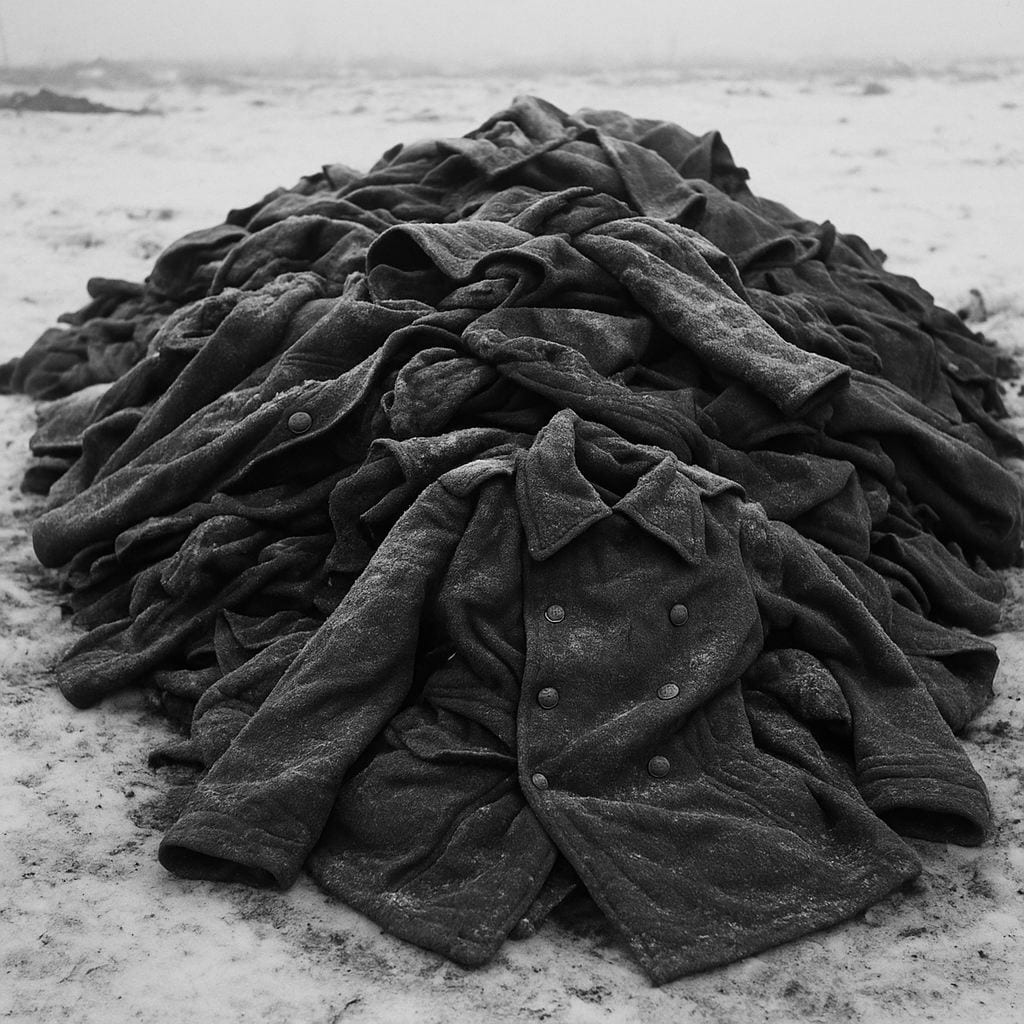And now we come to the rather abrupt end of a rather abrupt book, an alien-filled, time-traveling, bombed-out surface-of-the-moon style World War Two book. If I didn’t have to write about it, I would have rather enjoyed it. I still did enjoy it, just to a lesser degree. Thanks, Mrs. Jensen.
This last section of the book builds on my last post, as Billy continues to stay in the moment instead of jumping to all the good parts. Like a full reread of a favorite novel, he keeps “reading” instead of only reading an exciting part before moving to the next spot. Through this, Billy’s growth as a character becomes apparent, this being a parallel to soldiers learning to overcome PTSD, as the time traveling could be a way to escape the PTSD that comes after the moment he travels from. Billy’s ability to time travel could even be compared to the simple wish of a soldier to not experience PTSD, and Billy’s growth is comparable to learning to live with PTSD and even overcome it. Most of this is just guesswork, as I still don’t fully understand this book.

Though abrupt, the ending is nice. It being the end of the war, it is comparable to Billy overcoming his PTSD, as the only other times we see him is during the war, or when he is still struggling with it after the war. When the war is over, a big weight is lifted from his shoulders similar to being freed from PTSD. All in all, I would recommend this book for fun reading, but I would be wary of using it for analysis.












